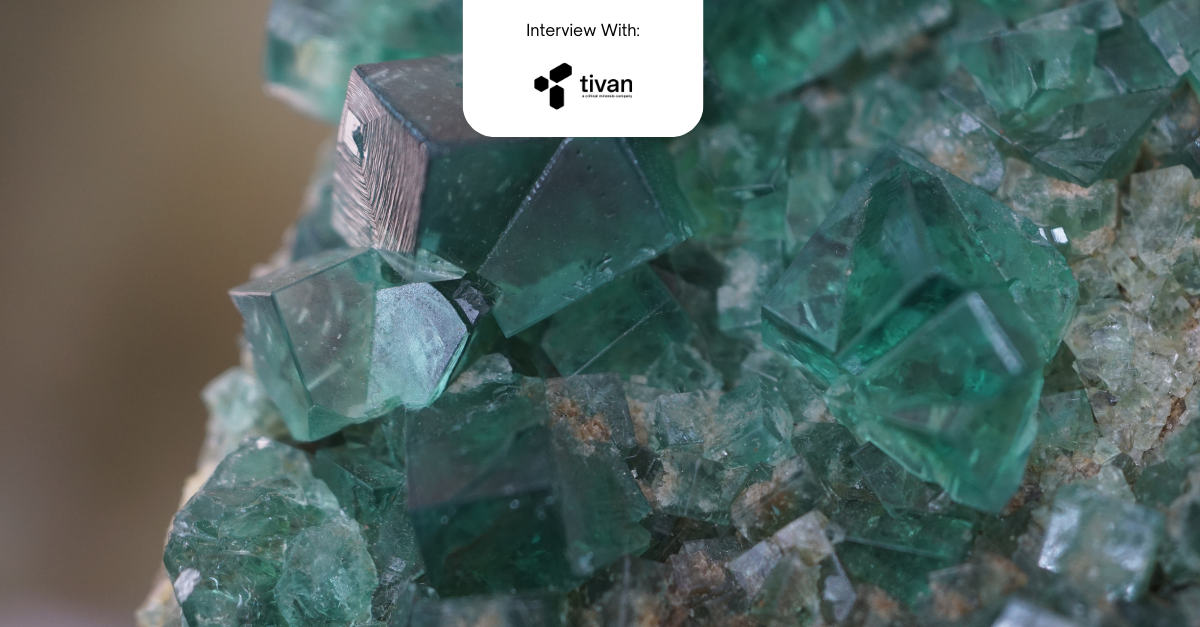During this exclusive interview, The Energy Circle by IN-VR spoke with Florentino Soares Ferreira, CEO of Iron Fortune, about the company’s decade long commitment to Timor-Leste, early manganese prospects in one of the world’s most under explored jurisdictions, deep local partnerships and capacity building, upcoming geophysics driven exploration, and a long term vision to attract investors to a stable, US dollar based, ASEAN-bound market.
Q1. What attracted Iron Fortune to explore and invest in Timor-Leste’s emerging mining sector, and how do you assess the country’s mineral potential so far?
A: Our company founder was invited to participate in an Australian government trade delegation to Timor-Leste in 2014. One of the company directors attended, and provided a very positive report about the local operating environment, and the welcoming attitude to inbound foreign investment. By early 2015 we had appointed our current Local Representative, Joe Magno, and established a presence in Dili. We were attracted by the unique opportunity to work in one of the world’s most unexplored minerals jurisdictions, close to major Asian markets. So far our exploration activities - which are currently focussed on identifying commercially viable manganese targets - indicate the country’s significant potential as an emerging exploration and mining destination.
Q2.Your company has been involved in various exploration activities across the region — how does Timor-Leste fit within Iron Fortune’s broader strategic portfolio?
A: Since 2015 Timor-Leste has been solely focussed on Timor-Leste, with no exploration tenements in other countries. This may change over time but at present Timor-Leste is the core - and only - geographic region in our portfolio. If and when we move into manganese production, we expect vertical and horizontal integration opportunities to arise from those core activities.
Q3.Local partnerships are key to successful exploration. How is Iron Fortune engaging with Timorese authorities, communities, and service providers to ensure shared value and sustainable outcomes?
In early 2015 when we established our operations in Dili, we recognised that it would be some time before the minerals exploration framework would be finalised. We used our initial years in Timor-Leste to fund and participate in field work and mapping activities through a Memorandum of Understanding with the University of Melbourne and the Timor-Leste geological survey organisation, formerly known as IPG, and which is now known as IGTL. We also regularly engaged with the regulator ANM, and its predecessor organisations. We established commercial relationships with multiple construction and advisory companies that we considered might be part of a future minerals sector supply chain. Interestingly, the use of commercial explosives was prohibited when we first visited Timor-Leste in 2014. Our founder had extensive experience and qualifications in the use of commercial explosives and immediately recognised that a future hard rock mining industry would require a commercial explosives framework. Accordingly we made representations to government stakeholders about the importance of implementing a commercial explosives regulatory framework. We then provided regular input into draft regulations, and even arranged a demonstration of blasting in a quarry in Melbourne for a government delegation.
We consider ourselves to be quite a ‘Timorese’ company, with part Timorese ownership. During our recent September-October 2025 Oecusse field work mobilisation, 100% of the team of nine (9) was Timorese, including 7 geologists.
Q4. How is Iron Fortune leveraging innovation and technology—such as advanced geophysical mapping or data analytics—to improve exploration efficiency and decision-making?
We are currently planning the next phase of exploration on our tenements, which will utilise geophysics. We are considering a number of different service providers and approaches and expect to issue requests for proposal in the coming weeks.
Q5. Looking ahead, what is Iron Fortune’s long-term vision for contributing to Timor-Leste’s resource development, and what message would you like to share with international investors evaluating opportunities here?
In our experience over more than ten years in Timor-Leste, both the government and the people are generally very supportive of sustainable minerals and resource development. The average Timorese citizen understand the benefits of a sustainable oil and gas sector through the transparency around the balance of and allocations from the Petroleum Fund, and Timorese are generally well aware of the significant wealth that has been generated through the petroleum sector, directly and indirectly. This oil and gas industry background also helps generate a ‘social licence to operate’ for aspiring minerals companies that - in our experience - is more difficult to achieve in many other exploration jurisdictions. Timor-Leste offers investors a safe and stable operating environment, located in the Asian time zone, in the growing Asian region, and the country will soon to be a part of ASEAN. Infrastructure continues to benefit from investment in both capital upgrades and maintenance. Flight connections within the region are good and improving. The country is serviced by multiple banks, and professional services companies. The construction sector has a number of highly experienced and capable participants, and the minerals exploration supply chain is improving. The tax environment is favourable, with additional concessions for foreign direct investment beyond a certain threshold. Also, uniquely, Timor-Leste is one of very few countries outside the US that use the US dollar as its currency, providing a natural hedge to miners, as most mineral commodities are priced in US dollar
Stay tuned to The Energy Circle by IN-VR for the latest updates on the global energy industry and exclusive insights from its leading voices.




.png)


